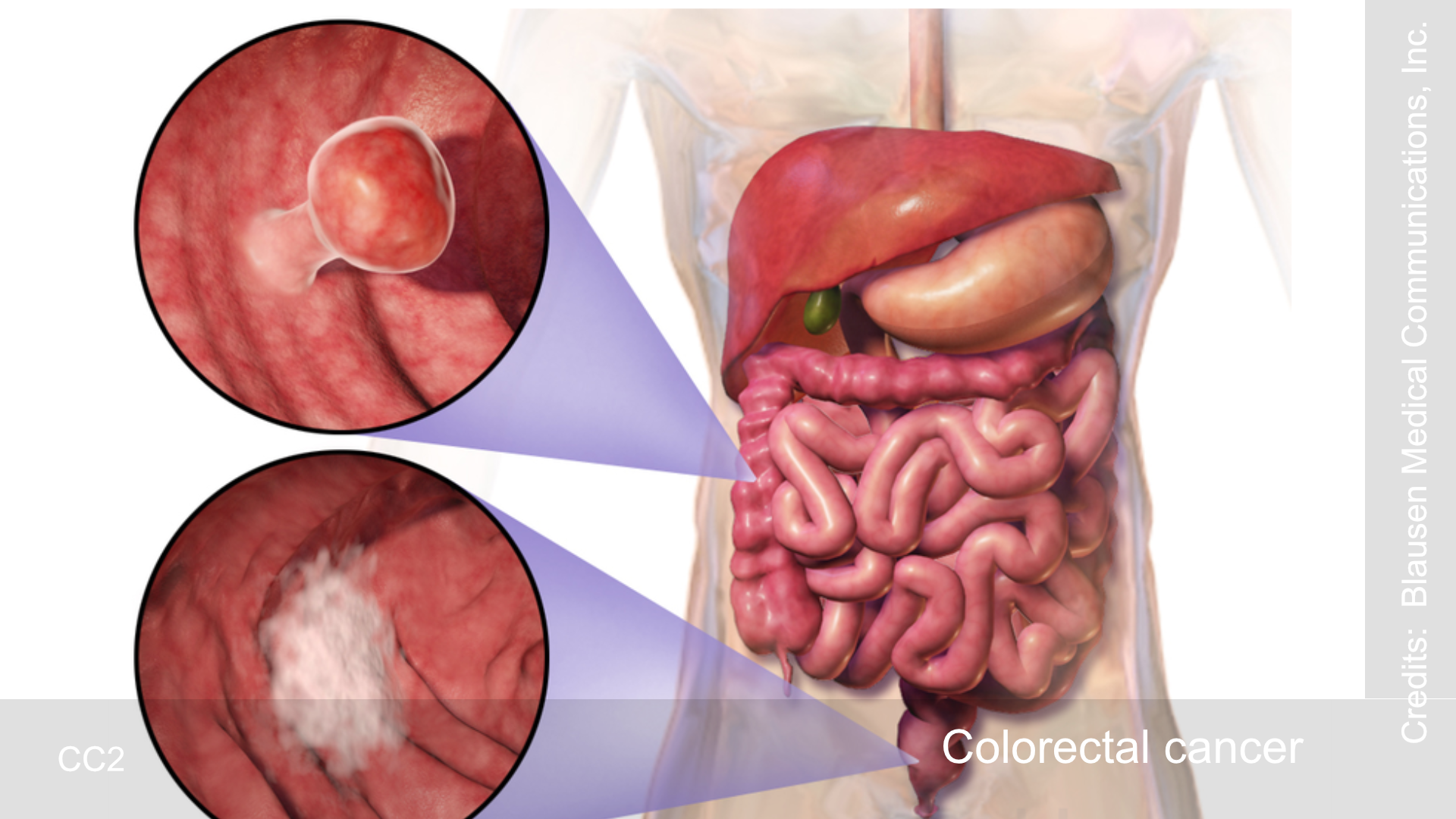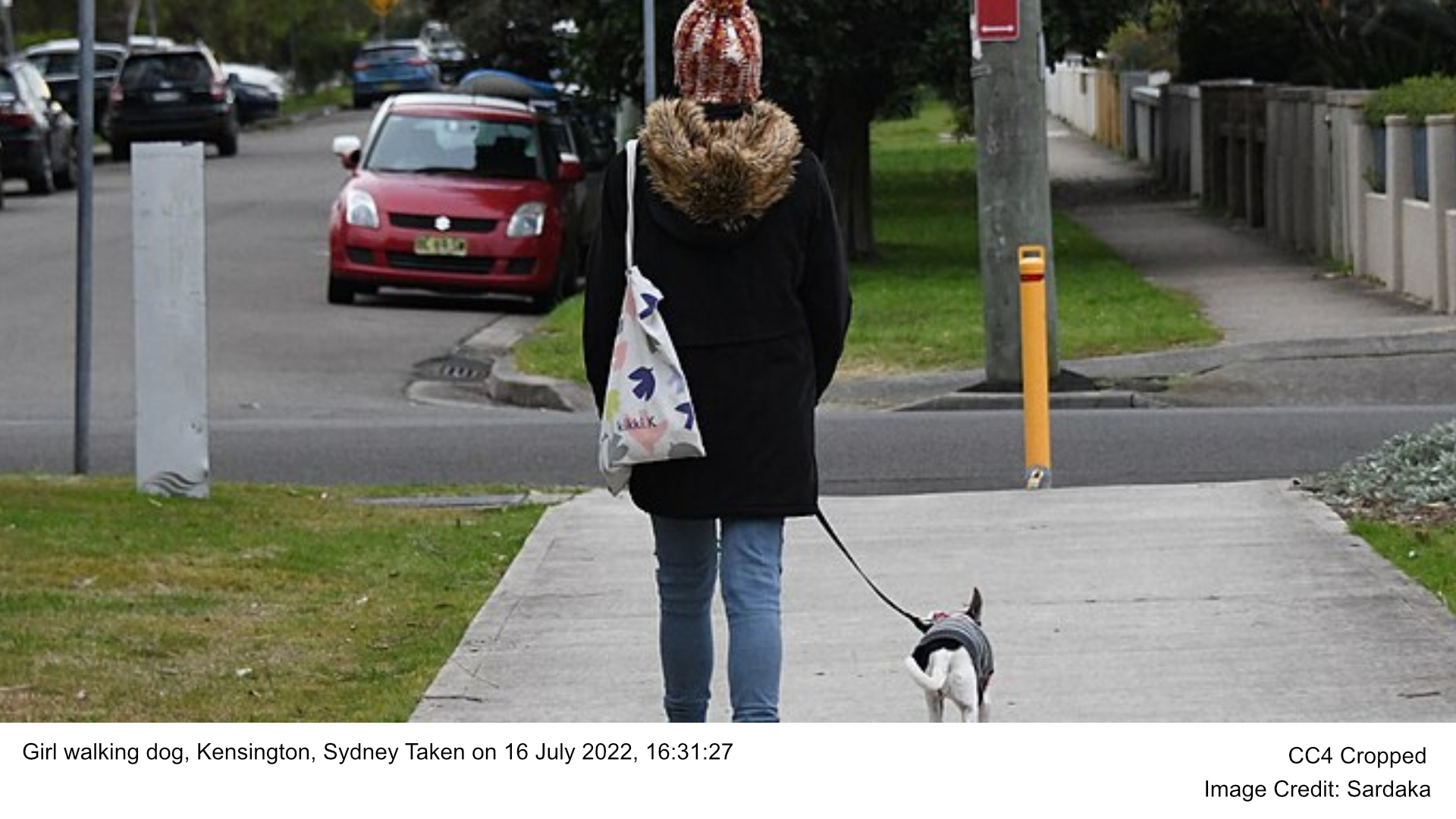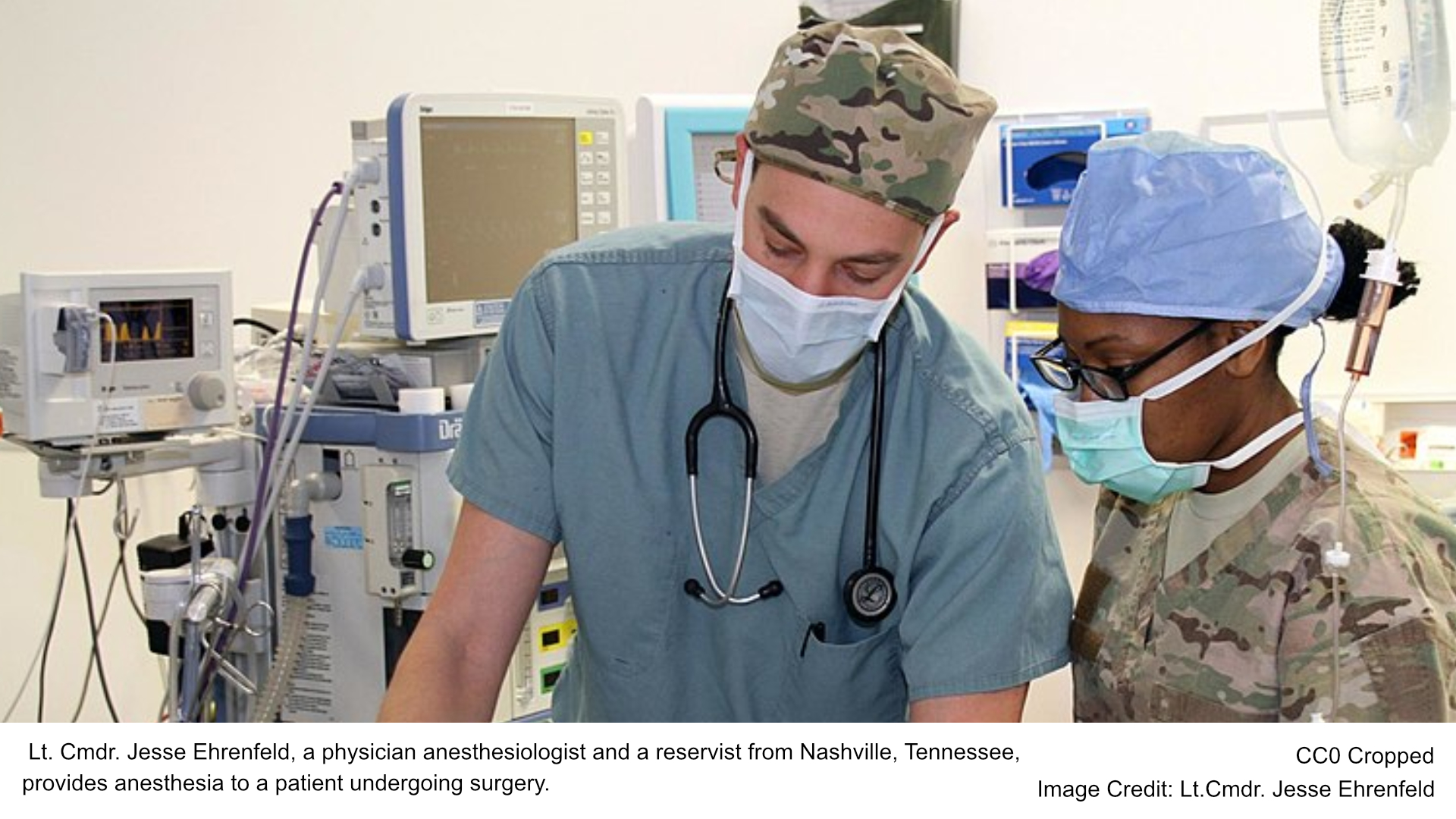Common symptoms of colorectal cancer include changes in bowel habits, such as diarrhea or constipation. Rectal bleeding and blood in the stool are also tell-tale signs of potential issues. Unexplained weight loss, fatigue, and changes in appetite may accompany these symptoms. Recognizing these signs early and consulting a healthcare professional is vital.
- Common symptoms of colorectal cancer include changes in bowel habits, rectal bleeding, and unexplained weight loss, making early detection crucial.
- Rising cases in individuals under 50 have led experts to examine lifestyle factors, such as diet and obesity, as potential contributors.
- Ultra-processed foods may impact gut health and increase cancer risk; a diet rich in fruits, vegetables, and whole grains, combined with regular exercise, supports digestive health.
- Regular screening, especially for those with a family history or other risk factors, is essential for early intervention and prevention.
Recent studies indicate a rise in colorectal cancer cases among individuals under 50. This trend has prompted health experts to delve into potential causes. Lifestyle factors, including diet and exercise, play a significant role in digestive health. Obesity, in particular, has been linked to an increased risk of colorectal cancer.
Ultra-processed foods have attracted attention as possible contributors to the rise in cancer cases. These foods often contain additives and preservatives that may affect gut health. Maintaining a balanced diet rich in fruits, vegetables, and whole grains can help reduce cancer risk. Incorporating regular physical activity into daily routines also supports overall digestive health.
Screening remains a key preventive measure, especially for those with a family history of colorectal cancer. Regular colonoscopies can detect polyps early, allowing for timely intervention. Health professionals recommend discussing screening options with a doctor, particularly for individuals over 45 or those with risk factors.
Research continues to explore the environmental and dietary influences on colorectal cancer risk. Studies suggest that certain additives in ultra-processed foods may disrupt the gut microbiome. This disruption can lead to changes in gut bacteria, potentially increasing cancer risk. Health experts advise reducing the intake of processed foods and opting for whole, natural ingredients.
Public awareness campaigns aim to educate individuals about the importance of early detection and lifestyle choices. By understanding the symptoms and risk factors, individuals can take proactive steps to protect their health. Regular check-ups and open communication with healthcare providers are essential components of cancer prevention.
As researchers work to understand the underlying causes of colorectal cancer, individuals can take charge of their health by adopting preventive measures. Maintaining a healthy lifestyle, staying informed, and seeking medical advice when necessary are crucial steps in reducing cancer risk.
Colorectal cancer’s rising incidence among younger adults underscores the need for continued research and public education. By promoting awareness and encouraging early detection, health professionals hope to curb the trend and improve outcomes for those affected by this disease.





